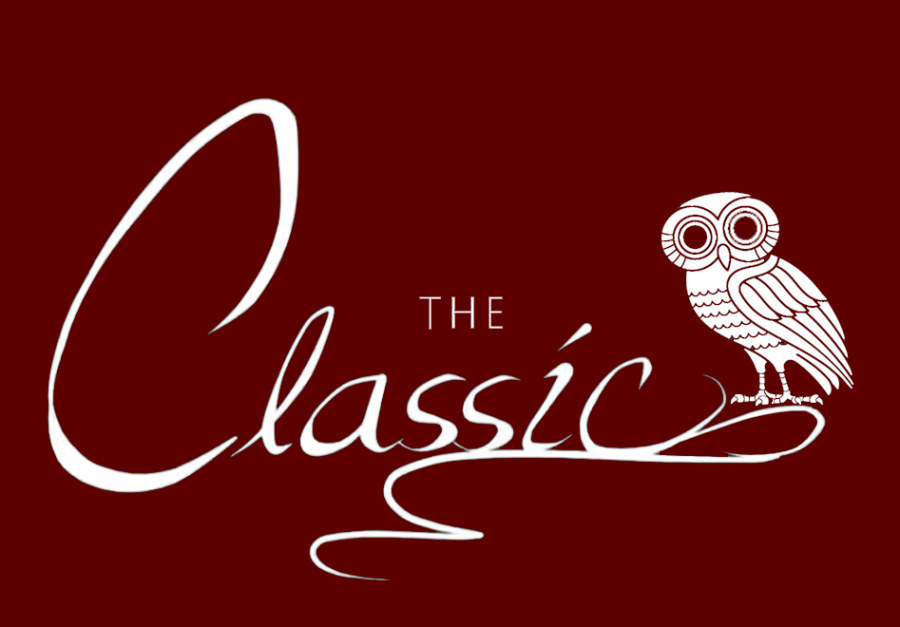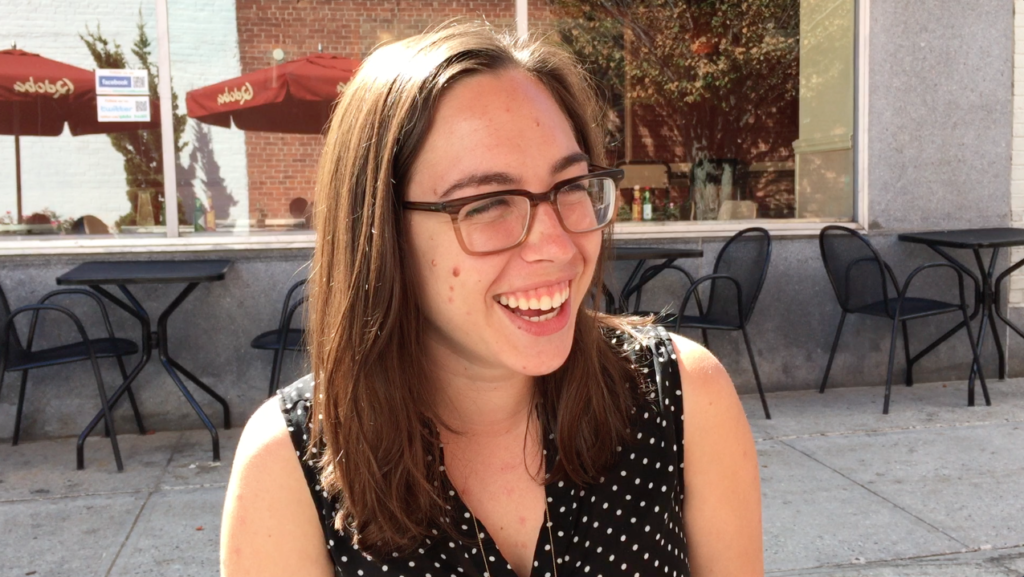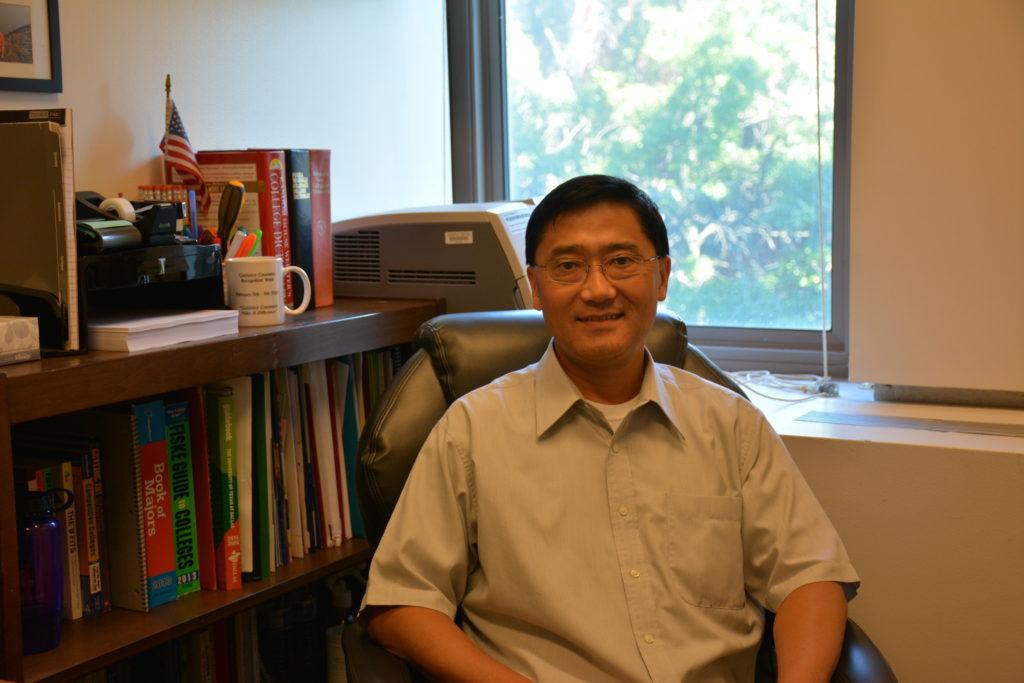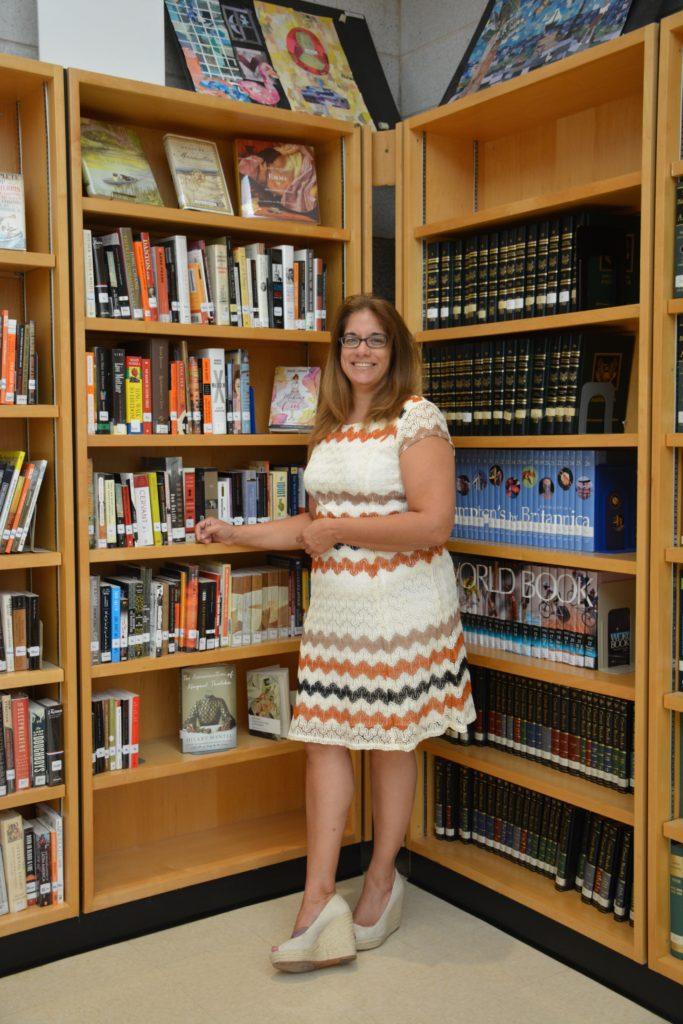
If you listen closely, you might be able to hear the rapid-fire clack of computer keys from muggles congregating on internet forums, rejoicing in the return of what is perhaps the most beloved franchise of all time—Harry Potter.
In early September, J.K. Rowling announced that she would pen a new screenplay set in the magical wizarding world. Titled Fantastic Beasts and Where to Find Them, it is loosely based off of her 2001 book of the same name. Set in 1920s New York, the film will follow Newt Scamander as he sets about researching and classifying magical creatures unknown to many Potter fans.
Indeed, it seems that J.K. Rowling could hardly escape an interview without being asked if she’d continue the series. She never denied the possibility outright, but repeatedly stated her closure with the world she’d created that fateful day at King’s Cross station.
On the nature of the film, Rowling released a statement: “Although it will be set in the worldwide community of witches and wizards where I was so happy for seventeen years, Fantastic Beasts and Where to Find Them is neither a prequel nor a sequel to the Harry Potter series, but an extension of the wizarding world. The laws and customs of the hidden magical society will be familiar to anyone who has read the Harry Potter books or seen the films, but Newt’s story will start in New York, seventy years before Harry’s gets underway.”
The New York setting will likely appeal to the large American Harry Potter fan base, especially considering the loyalty of both the original books and films to the U.K. Rowling is writing the screenplay directly, rather than adapting it from a book of her own, a first for the acclaimed author.
Upon hearing this news, sophomore Jacqueline Kim stated, “I’m happy for her, that she’s making new choices, trying out new things and seeing what she likes—she deserves to do what she wants without criticism.”
Rowling has certainly experienced criticism of late; her first foray into adult fiction, The Casual Vacancy, received mixed reviews last fall, and the infamous pseudonymous publishing of The Cuckoo’s Calling was considerably favored until mixed reviews appeared after the fact.
Indeed, the franchise that was marketed with the tagline “it all ends here” not three years ago has jumped on the lucrative spin-off train, going the way of The Hobbit and Disney’s Marvel universe. But prequels have never appealed to audiences as much as original films or sequels. The Hobbit grossed less than the last Lord of the Rings film, even with 3-D ticket prices and nearly a decade of inflation. Junior Hema Venkata said that she has to see if she “trusts Rowling like Tolkien, since he was a master, which [The Hobbit] showed.”
It is yet to be seen whether or not the swashbuckling Newt Scamander will prove to enchant audiences as the Boy Who Lived managed to sixteen years ago, but Rowling’s easy prowess at enchanting us muggles time and time again is indisputable.































